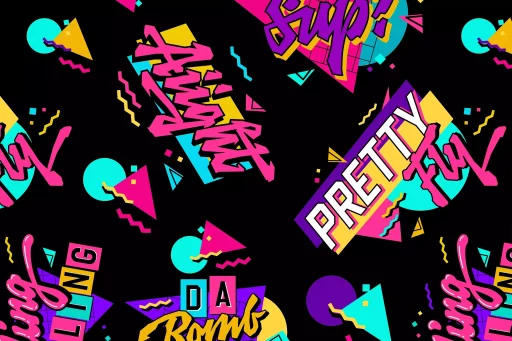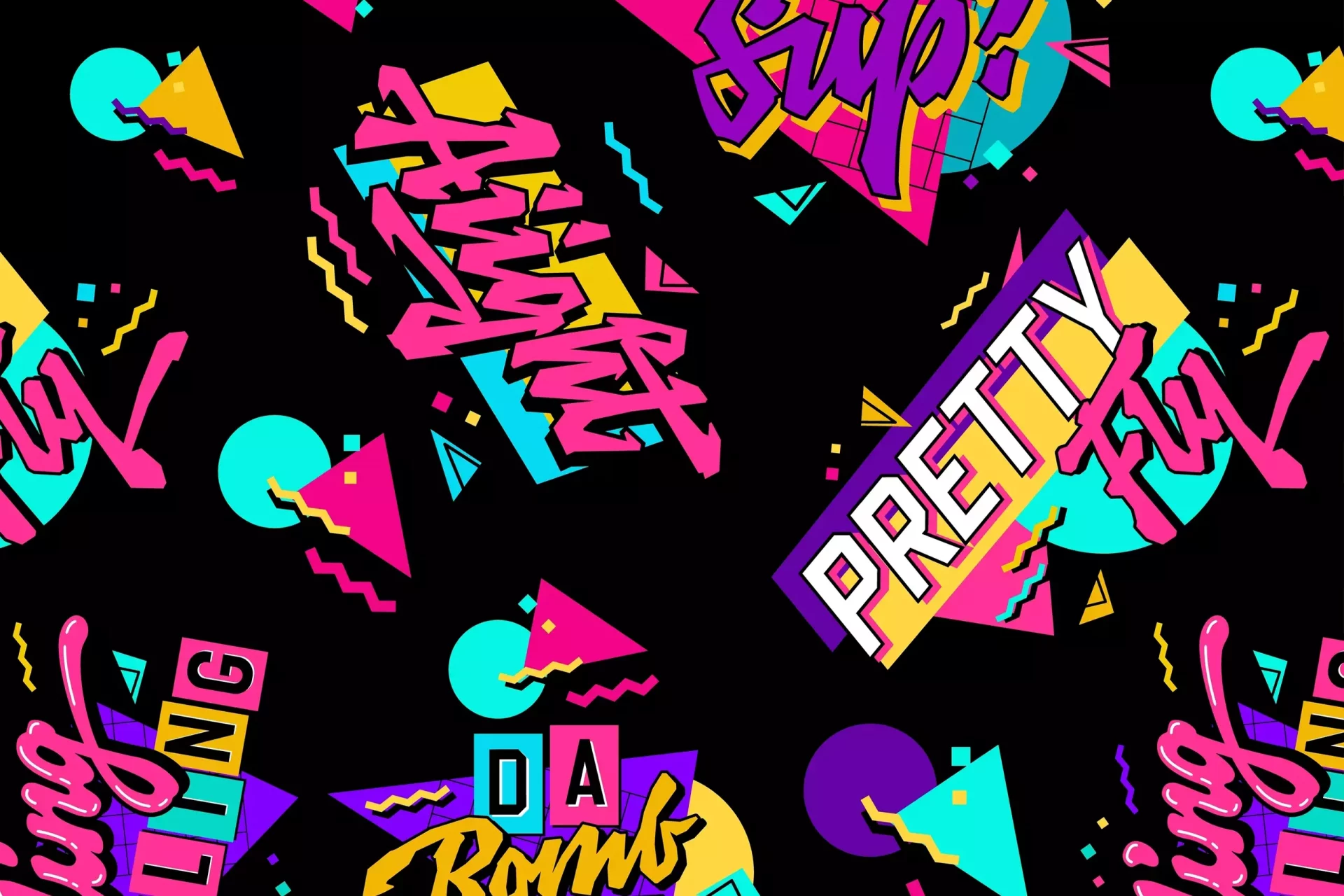Introduction to Mods
The term ‘mods’ in urban slang has garnered attention and variety in meaning through the years. Originally derived from ‘modernists’ in the 1960s, mods have transitioned to represent various subcultures and behaviors, especially in online communities. More recently, the term has found new life through platforms like Urban Dictionary, offering a more contemporary and nuanced understanding.
Where It All Began: The Historical Context
Tracing back to the 1960s in England, mods were a youth subculture associated with stylish clothing, scooters, and a distinctive preference for music genres like rock and jazz. They were often seen opposing the rockers of the time, creating a cultural rift that resonated through music and fashion.
The Evolution of Mods in Urban Dictionary
Urban Dictionary exemplifies how language and meaning evolve. Here are some popular interpretations of ‘mods’ from the site:
- Description of Mod Culture: Individuals who embrace a modern, often flamboyant lifestyle, characterized by a keen interest in fashion and music.
- Gaming Mods: In gaming communities, ‘mods’ refers to modifications made to games, enhancing gameplay or adding new features.
- Multiple Meanings: Mods can also signify people who modify their behavior according to social expectations, often seen as conformists.
Case Study: Mods in Gaming Communities
When considering ‘mods‘ in the context of gaming, modifications have become an integral part of the gaming experience. Popular games like ‘Minecraft’ and ‘Skyrim’ have spawned entire communities focused on creating and sharing mods. These can range from simple graphic enhancements to complete overhauls that change gameplay mechanics significantly.
- Minecraft Mods: According to a 2021 report, over 40% of Minecraft players have tried mods, significantly enhancing replayability and customization.
- Skyrim Mods: The Nexus Mods community has over 28 million registered users and boasts over 69,000 mods for ‘Skyrim’ alone.
Statistics like these indicate that mods not only extend gameplay but also bolster community engagement and creativity.
Analyzing the Cultural Significance of Mods
The cultural implications of mods are profound. As a descriptor, it encapsulates a trend towards individualism in expression while simultaneously linking individuals through shared interests. For instance, gaming mods allow players to express unique preferences and creativity, underlying the fundamental nature of gaming as a communal activity.
Examples of Usage in Everyday Language
To better understand how the term ‘mods’ is woven into contemporary language, consider the following examples from Urban Dictionary:
- “I love the mods in this game—it’s a whole new experience!” – Illustrates how gamers appreciate the innovations brought by mods.
- “She’s such a mod; always on trend with her outfits!” – A casual reference to someone who embodies modern fashion sensibilities.
- “I was a hardcore mod back in my college days, now I’m just a casual observer.” – Reflects a personal connection to the mod culture of the past.
The Future of Mods
As society continues to evolve, so will the concept of mods. From music to fashion and gaming, the term will likely adapt to include upcoming trends and technologies. The rise of virtual reality (VR) and augmented reality (AR) will potentially give birth to new gaming mods and cultural expressions.
Conclusion
The term ‘mods’ encapsulates far more than its origins in 1960s England. It spans various meanings today, influencing gaming culture, fashion, and social behaviors. Understanding this evolution is essential for grasping its relevance in contemporary society.





